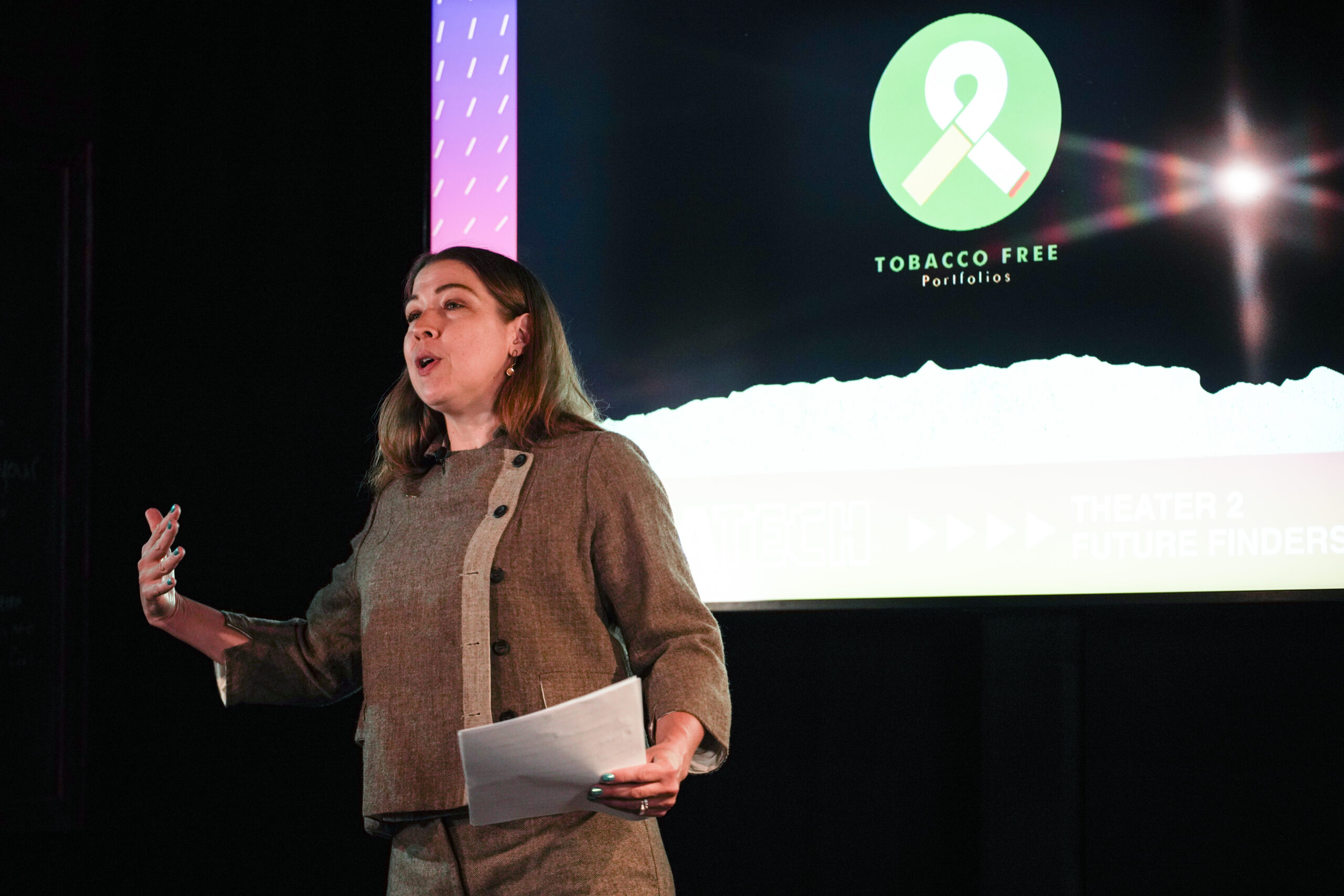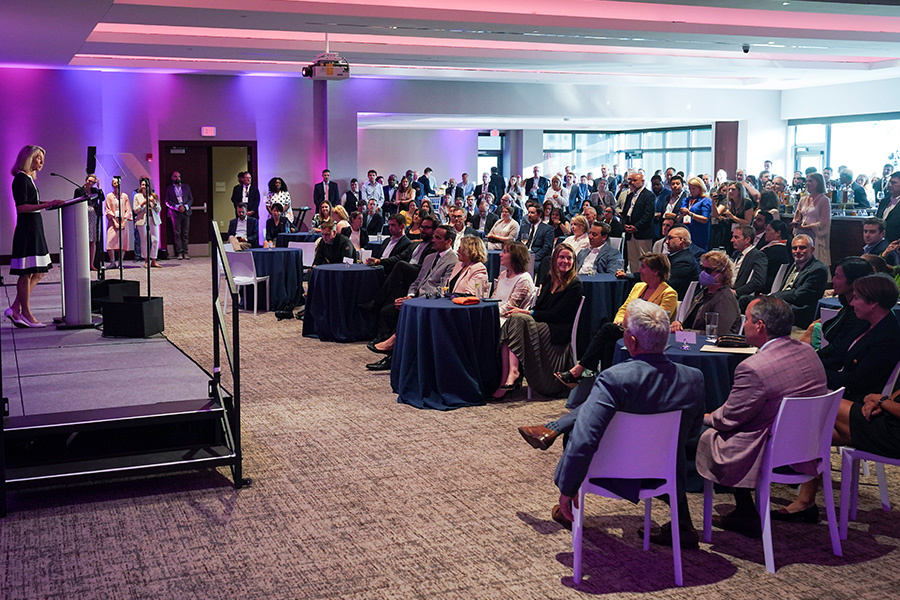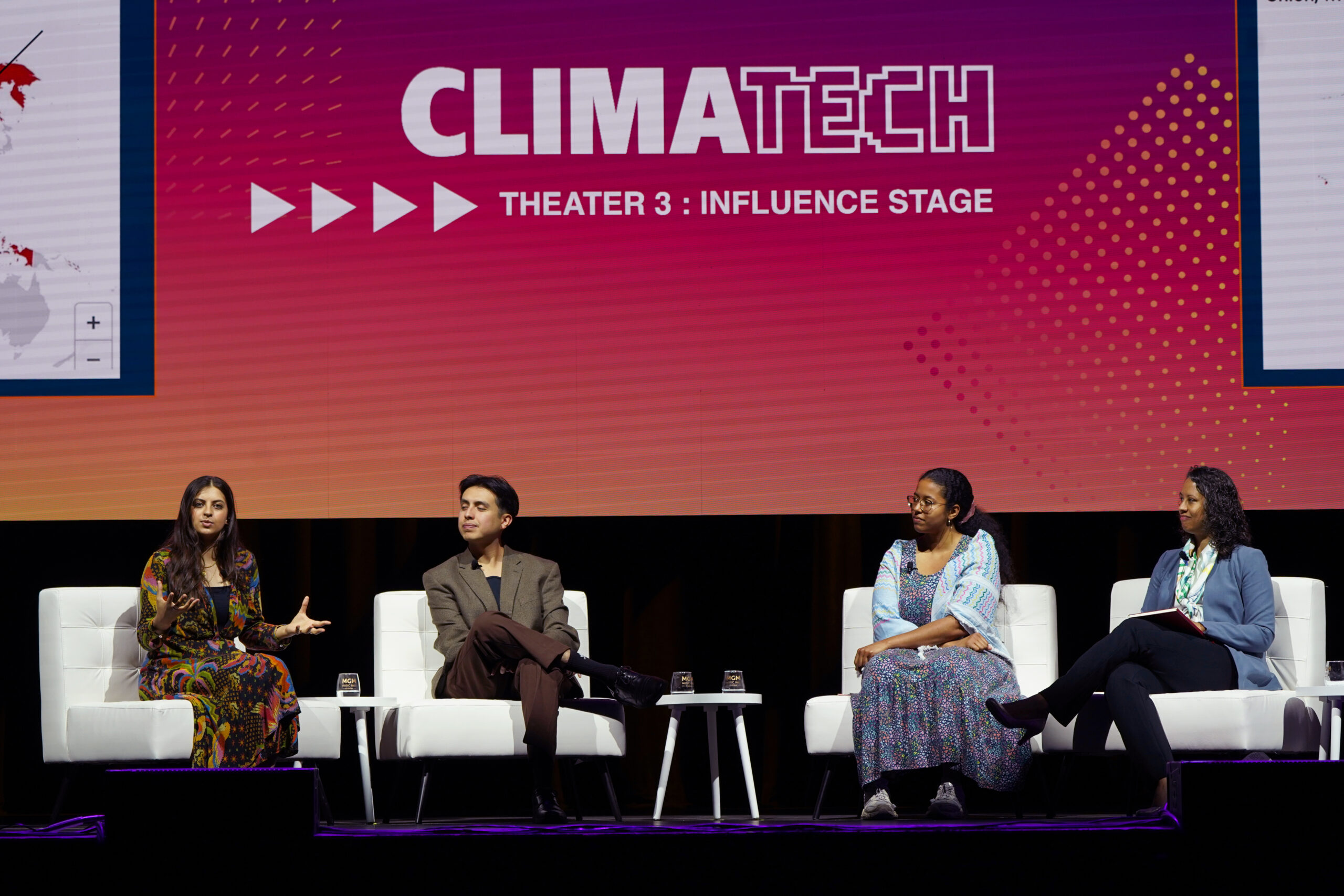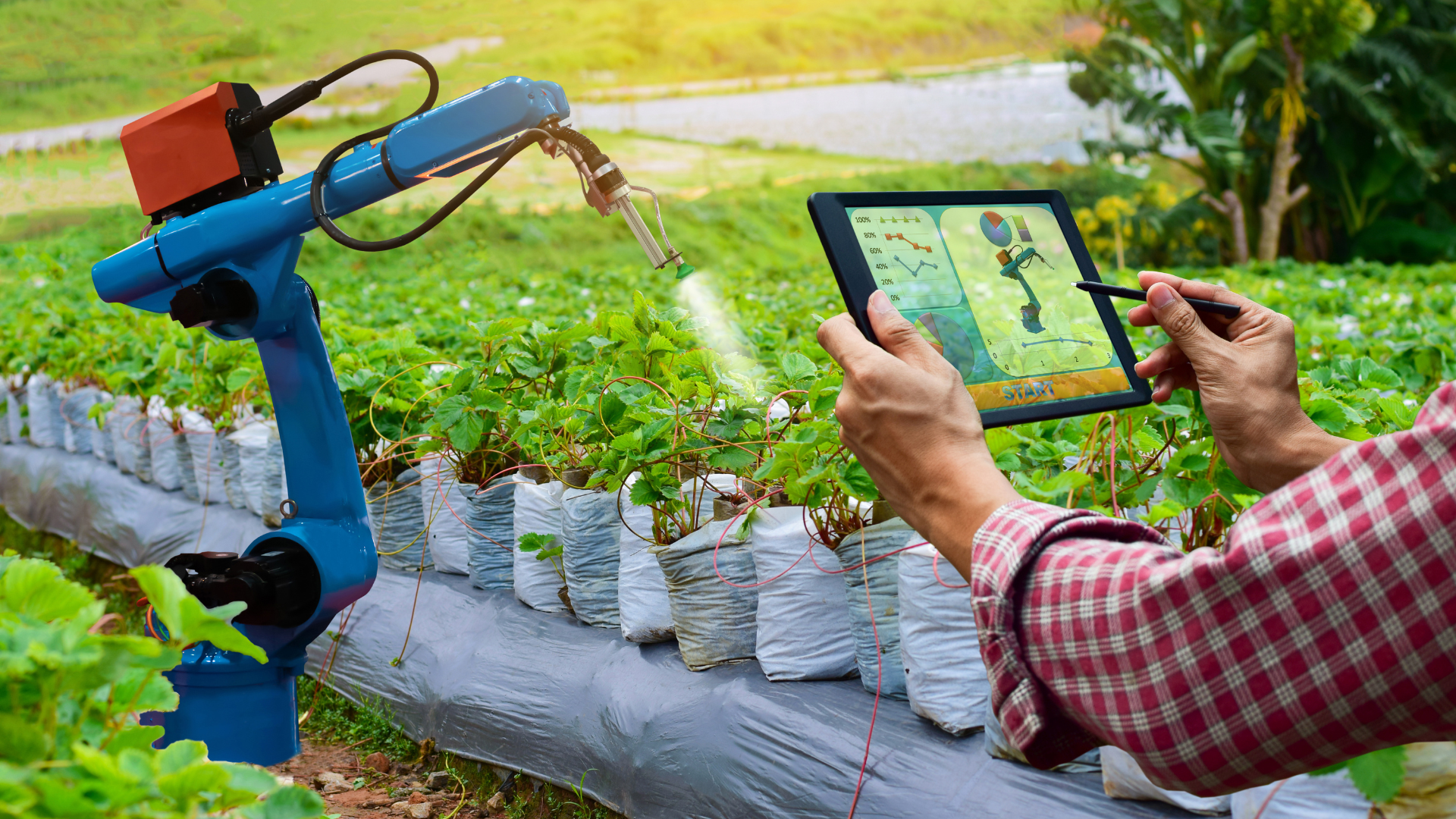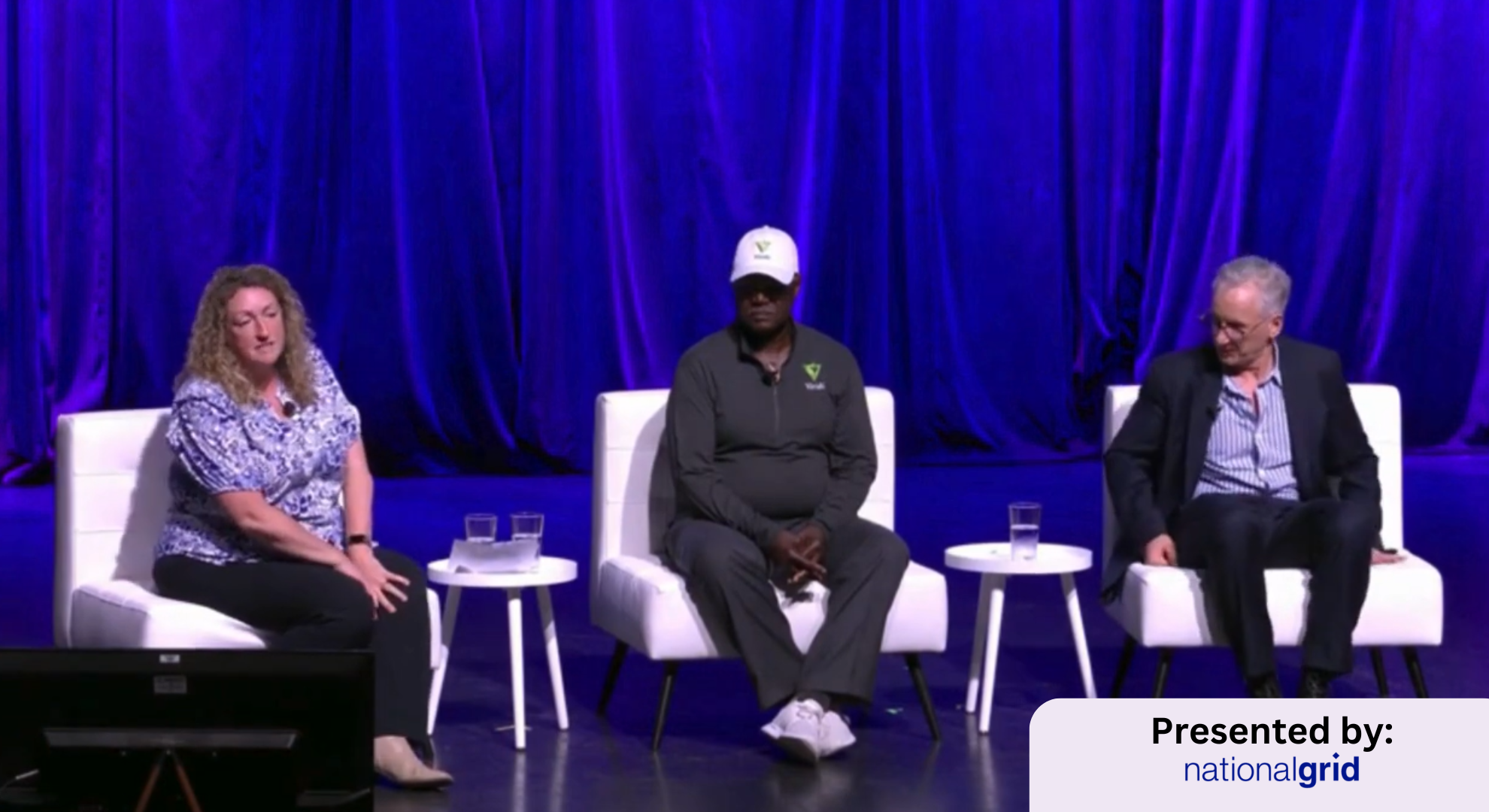Tobacco isn’t the first topic that comes to mind when discussing a sustainable future. Yet, as Rebecca Brown, U.S. Director of Tobacco-Free Portfolios, points out, the path to a net-zero world is intertwined with the fight to eliminate tobacco.
Briefly, tobacco might seem like a relic of the past. However, the harmful effects of this industry ripple far beyond public health, touching our environment, economies, and aspirations for sustainability. A tobacco-free future is essential for achieving net zero and building a healthier world for future generations.
A Generational Shift in Brookline
In November 2020, Brookline, Massachusetts, passed the nation’s first Tobacco-Free Generation Policy, a law that prohibits anyone born after 2000 from purchasing tobacco or e-cigarettes. It’s a bold move with the potential to transform lives.
If similar policies had existed decades ago, countless individuals might have avoided addiction. Rebecca herself shared how she started smoking at 14, influenced by the allure of Joe Camel merchandise—a strategy that turned kids into walking advertisements for Big Tobacco. Brookline’s initiative disrupts this cycle, safeguarding younger generations from a product designed to addict and harm.
Tobacco’s Environmental Impact
So, what does tobacco have to do with net zero? The answer lies in its environmental destruction:
- Plastic Pollution: Cigarette butts are the world’s most littered item and the #1 ocean plastic pollutant. These toxic filters break down into microplastics, infiltrating ecosystems, and food chains.
- Deforestation: Tobacco farming accounts for 5% of global deforestation. One in 20 trees is cut down to produce a product with zero utility and safety.
- Greenhouse Gas Emissions: From cultivation to consumption, tobacco farming emits significant greenhouse gases—on a scale larger than some entire nations.
Environmental harm spans the product’s entire lifecycle, leaving a legacy of pollution, deforestation, and emissions—all for a product that serves no beneficial purpose.
The Hidden Cost of Tobacco
Tobacco’s damage isn’t just environmental; it’s also economic and social. Globally, 8 million people die annually from tobacco-related diseases, including 1.2 million who succumb to secondhand smoke exposure. Meanwhile, governments and families bear the financial burden of healthcare costs and environmental cleanup while tobacco companies rake in billions in profits.
Investing in such an industry seems counterintuitive, especially as the world races toward sustainability. Yet, many of us unknowingly fund Big Tobacco through retirement plans, pensions, or financial institutions that continue to back these harmful companies.
Tobacco-Free Portfolios: A Financial Movement
These disconnects inspired Dr. Bronwyn King, a lung cancer doctor, to found Tobacco-Free Portfolios. After discovering her pension was invested in tobacco companies, Dr. King launched a global initiative to encourage financial institutions to divest from tobacco.
The Tobacco-Free Finance Pledge has since gained support from over 200 financial institutions controlling $18 trillion in assets. It’s a step toward aligning our investments with our values, rejecting industries that profit from death, disease, and environmental destruction.
Debunking Big Tobacco’s Greenwashing
Big tobacco has tried to rebrand itself as sustainable, publishing glossy reports showcasing community initiatives or environmental projects. However, these efforts fail to address the core issue: the industry’s primary product kills half its users and leaves a trail of ecological devastation.
Sustainability can’t be achieved by companies whose business model relies on addiction, deforestation, and pollution.
A Tobacco-Free Net-Zero Future
Achieving net zero requires more than reducing emissions—it demands dismantling industries that harm both people and the planet. By divesting from tobacco, supporting policies like Brookline’s, and spreading awareness, we can create a future prioritizing health, sustainability, and equity.
The fight against tobacco is about saving lives and protecting our planet—we only have one. Let’s make the future of net zero tobacco-free.
View Rebecca’s full session from ClimaTech 2024 here:

